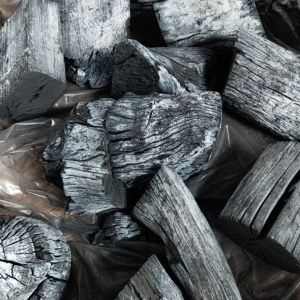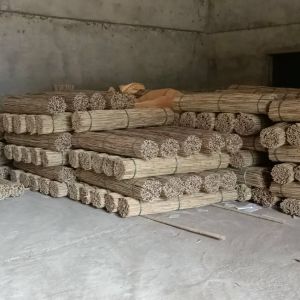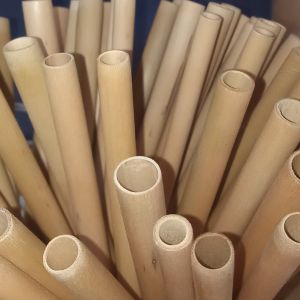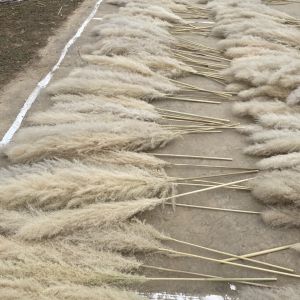Discover the Distinctive Qualities of White Charcoal Binchotan: Lychee Wood vs. Eucalyptus Wood
White charcoal binchotan, known for its remarkable properties, is gaining popularity as a versatile fuel source. When considering this extraordinary charcoal, it's essential to explore the differences between variants produced from various wood types. In this comparison, we delve into the unique attributes of white charcoal binchotan crafted from lychee wood and eucalyptus wood.
Size Matters: Lychee's Elegance and Eucalyptus's Strength
Lychee wood-based binchotan captures attention with its sturdiness and larger size, offering a charming visual appeal. On the other hand, eucalyptus wood-derived binchotan boasts a delicate and intricate texture. The choice between robustness and elegance depends on your specific grilling or heating needs.

Eucalyptus white charcoal
Aesthetic Shades: Subtle White from Lychee and Bold White from Eucalyptus
While both types of binchotan feature the coveted white hue, the undertones differ. Lychee wood binchotan presents a soft, creamy white that complements the natural ambiance of outdoor cooking. In contrast, eucalyptus wood binchotan exudes a bolder, brighter white, making it a striking addition to any grilling session.

Lychee white charcoal
Residual Ash: From Ivory to Espresso
After burning, lychee wood binchotan leaves a light, ivory-hued ash that blends seamlessly with its surroundings. Meanwhile, eucalyptus wood binchotan transforms into a rich espresso-colored ash, adding depth to the grilling experience. The choice between subtle integration and dramatic contrast rests on your aesthetic preferences.
Safe Sparks Issues: Lychee's Gentle Glow and Eucalyptus's Controlled Burn
When used, lychee wood binchotan exhibits a gentle and steady burn, allowing for a controlled cooking process. Eucalyptus wood binchotan, with its controlled and consistent flames, offers a reliable grilling experience. Opt for the sparks issue style that aligns with your culinary requirements.

Burned binchotan
Heat Potential: Lychee's Efficiency and Eucalyptus's Energy
Lychee wood binchotan provides efficient heat output, reaching approximately 7000 calories per gram. Eucalyptus wood binchotan stands out with its energy-packed potential, offering between 7200 to 7800 calories per gram. The choice between efficiency and enhanced energy lies in the intensity of your grilling needs.
Whether you prefer the sturdiness of lychee wood or the delicacy of eucalyptus wood, both variants of white charcoal binchotan present exceptional qualities that elevate your grilling and cooking experiences. Explore these distinctive options to find the perfect companion for your culinary journey."
Add: No. 48, Minh Khong str., Dong Tho ward, Thanh Hoa city, Vietnam
Mob/What’sapp/Viber: 0084868989350
Email: sales1@thbamboo.com.vn
Website: https://thbamboo.com.vn
Related posts











